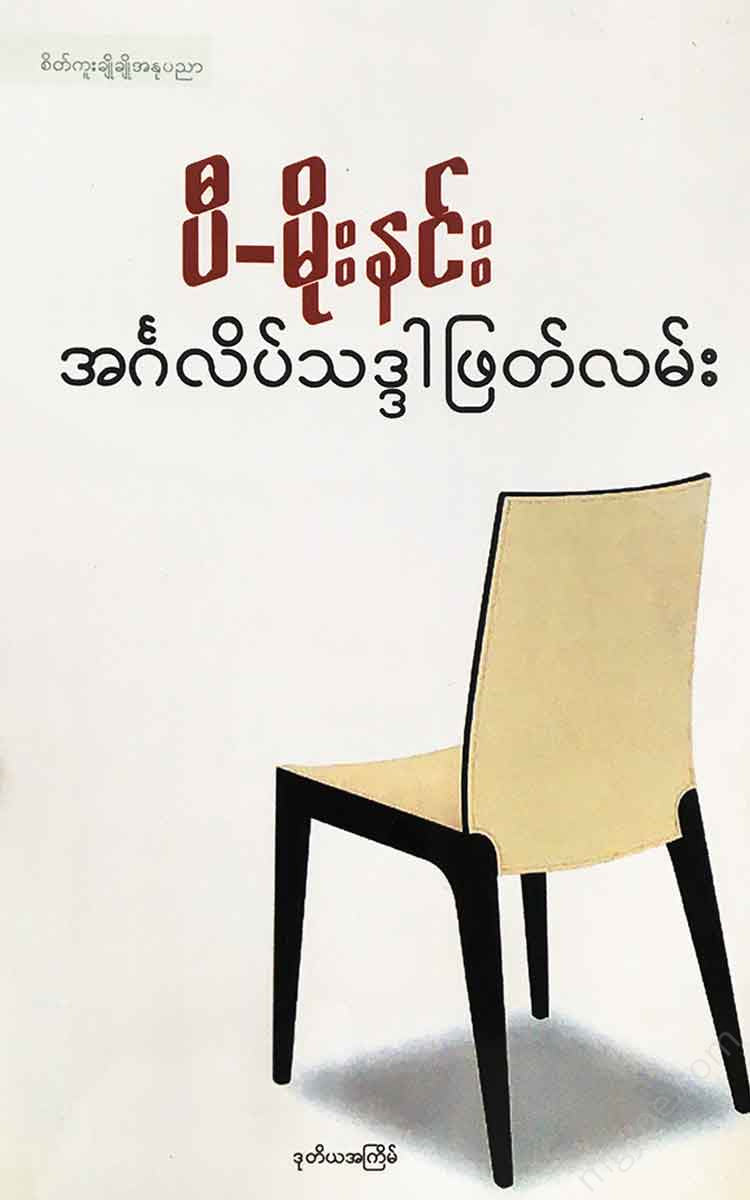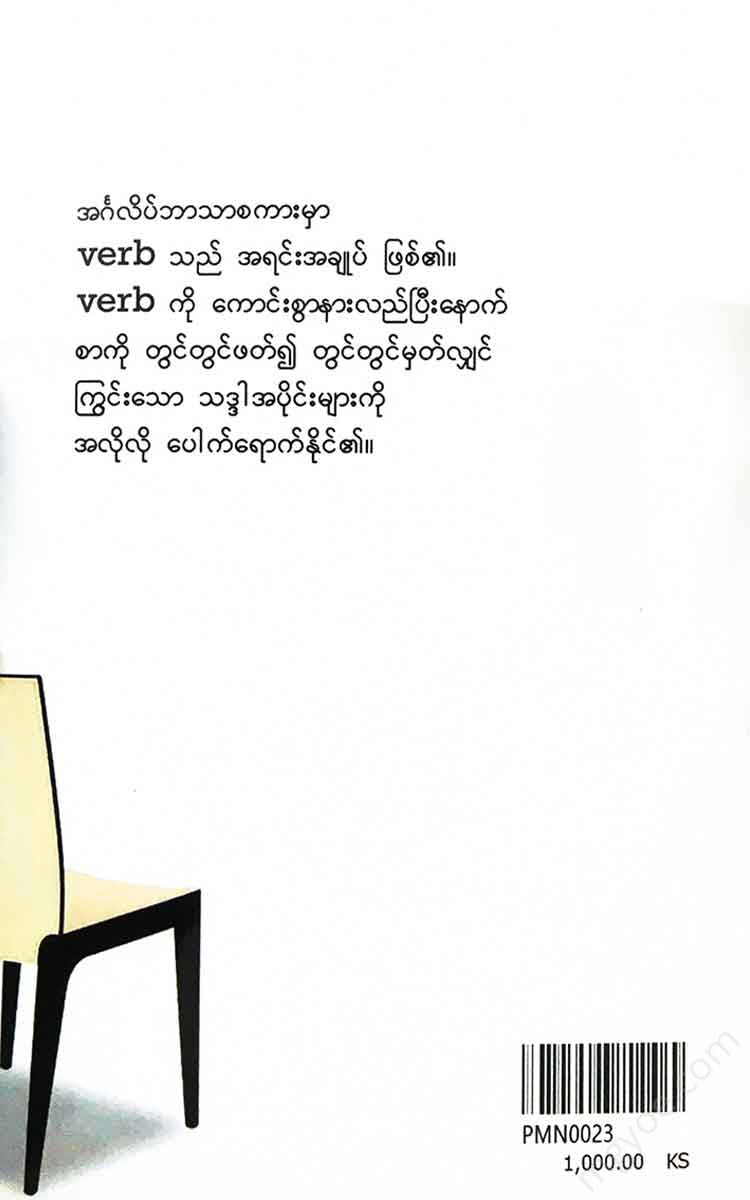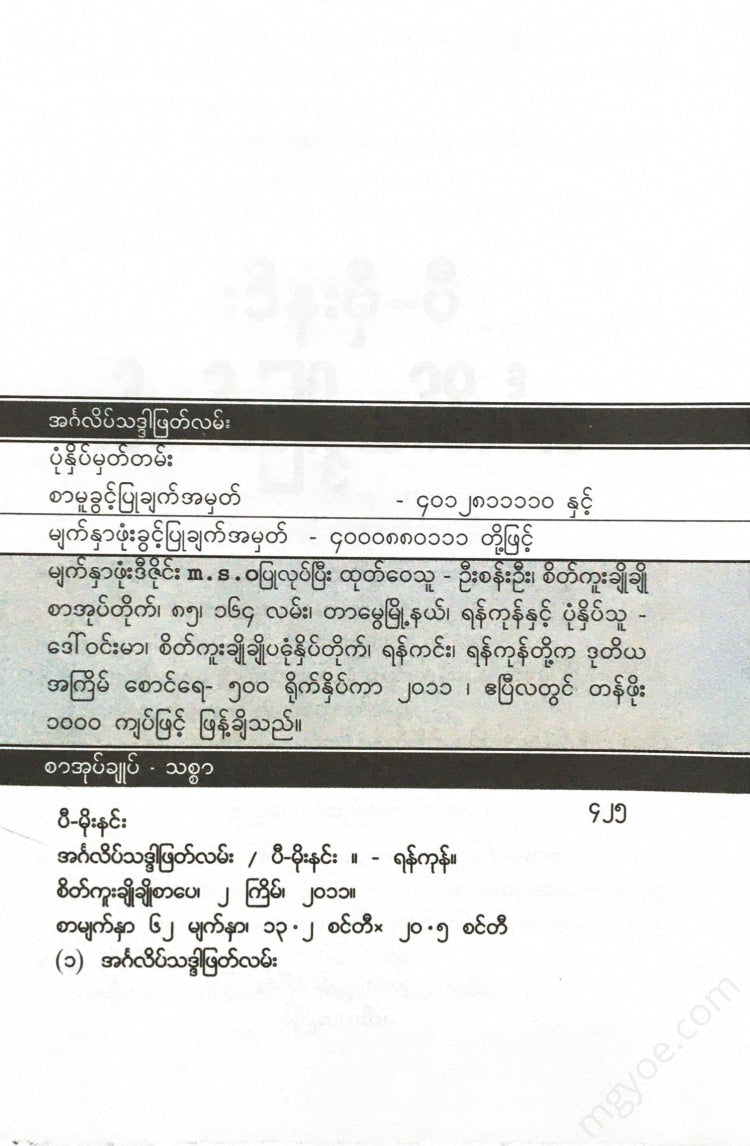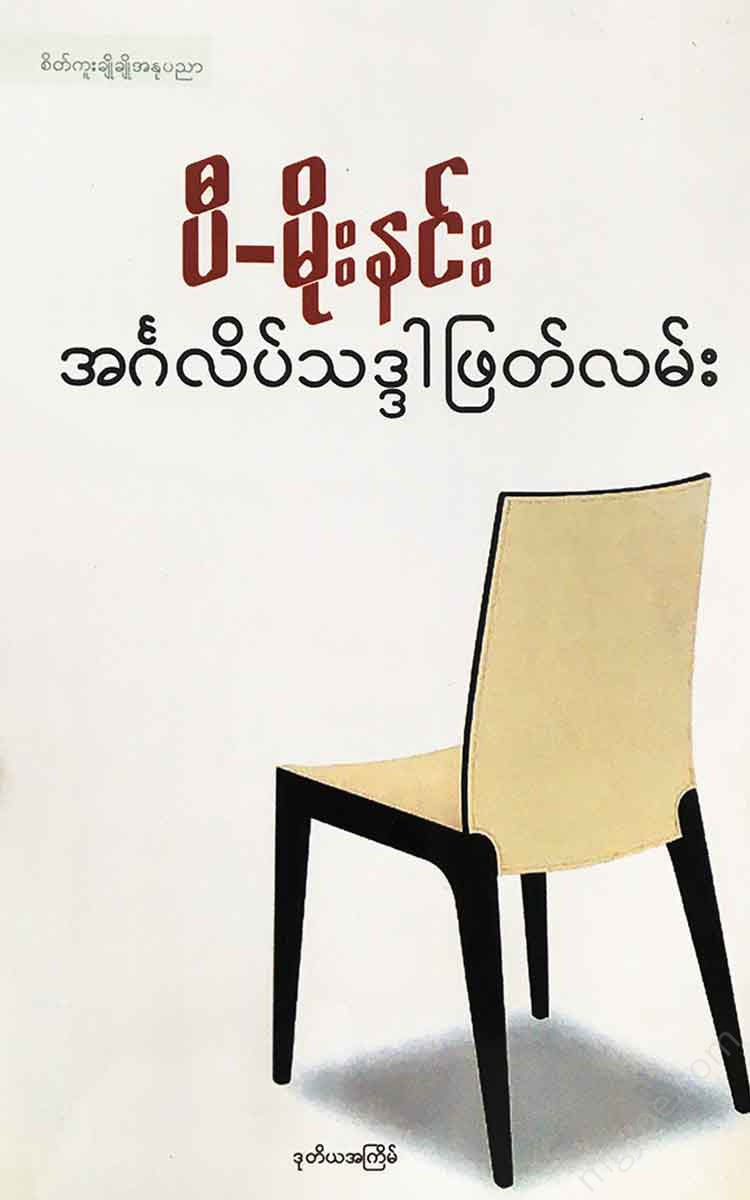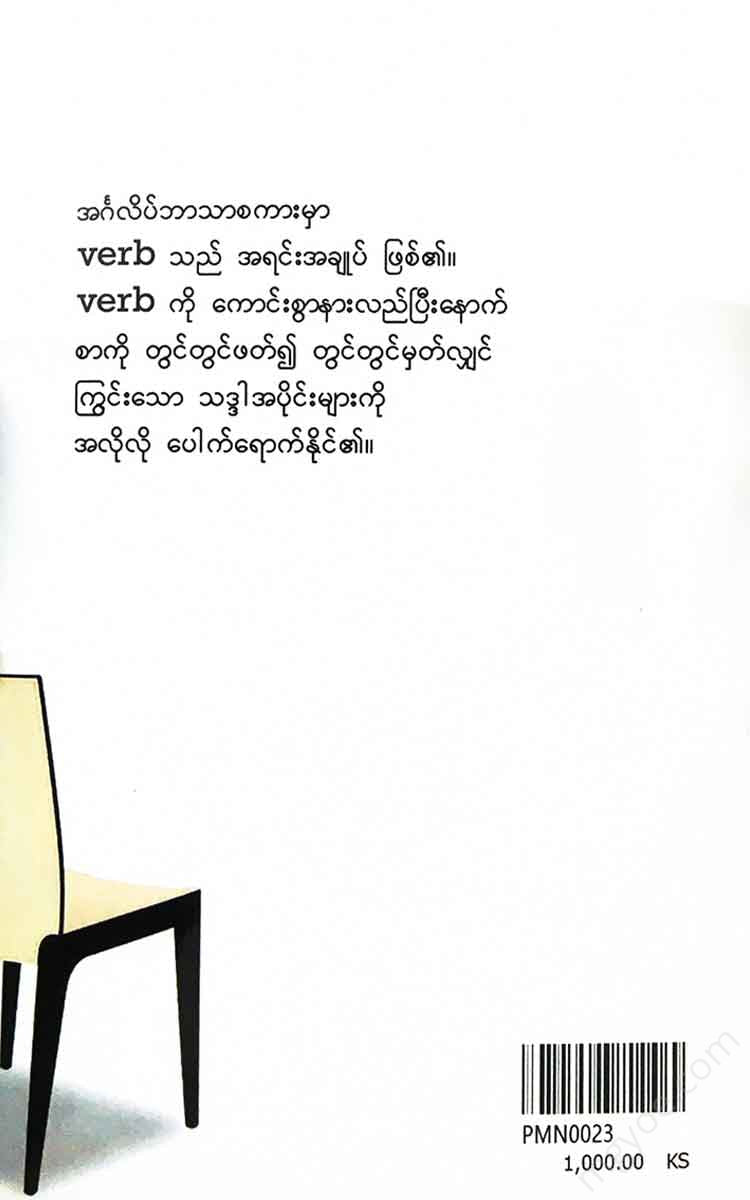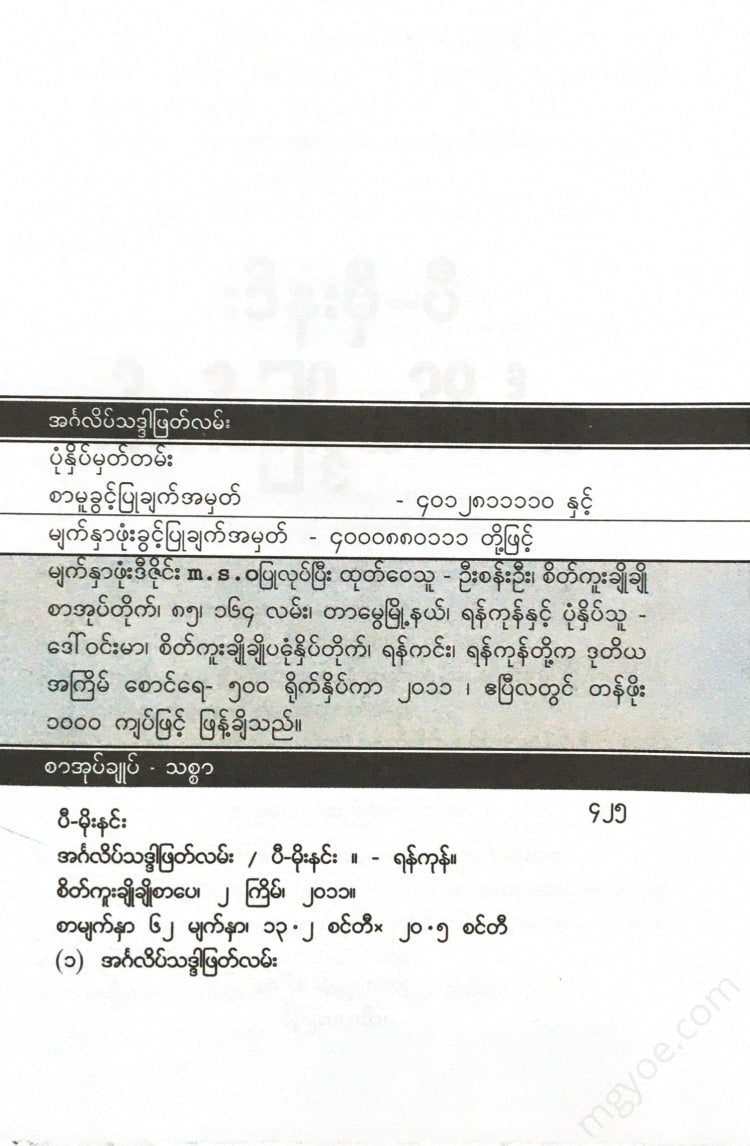စိတ်ကူးချိုချိုစာပေ
P Morning - English Grammar Shortcut
P Morning - English Grammar Shortcut
Couldn't load pickup availability
English grammar shortcut
If you only learn and memorize the English language by studying and memorizing the exact grammar, 99 out of 100 people will not be able to follow it. This is because the grammar is very extensive and requires many years of continuous study. Therefore, after learning the correct use of verbs, you can learn the traditional sentence structures. However, there are many exceptions to these methods and traditions, so it is important to read a lot of English. No matter how much you know grammar, if you do not read, you will not be able to read. It is not possible to write and speak according to the grammar rules. A person who reads a lot can read with a little knowledge of grammar. A person who only knows grammar without reading the whole text cannot read at all. So, the short answer to the English grammar shortcut is "read more English."
In English, the verb is the main part. After understanding the verb well, if you read the text carefully and memorize it, the rest of the grammar parts will come naturally.
Verb means word. Because
Without it, a meaningful sentence cannot be complete. For example...
Iam is I. This word does not have the meaning of I alone. The word am is complete with the word. Therefore, am is called a verb. You go is you. This word is also not a word if go is not included. Therefore, go is called a verb.
There are three types of verbs.........
(1) Transitive verb
(2) Intransitive verb
3) Auxiliary verb.
Number (1) is the base. For example, I beat. If it beats, there must be a person who is beaten.
Number (2) is not a subject. I sleep. There is no such thing as a person who sleeps or a thing that is slept on. A bed is not a thing that is slept on. It is just a place where you sleep.
Number (3) is an auxiliary verb that is used to indicate tense and mood in other verbs.
For example , I will go. In this sentence, the verb will helps to form the future tense of the verb go. These number (3) verbs lose their own meaning when they help other verbs. For example, I am မြီးမ်
However, in the phrase "I am reading, " the meaning of "am" is lost and the meaning of "I am reading" is taken to mean "I am reading."
Verbs can be nouns if they are preceded by to. To sleep, I want to sleep. (I want to sleep.)
To also shows purpose. I come to see, I come to see.
If you add ing to a verb , it can mean "to be", "to be", "to be".
I like. I like. dancing.
I like dancing. I like dancing.
I eat. I eat dancing. I eat dancing .
Auxiliary Verbs
Supporting Verbs
To be , to
To memorize
I am, Thou art, he is, It is, She is, This is, That is, dog is, boy is, book is, Mg.Ba is,
I, you, he, she, it, that, dog, man, book, brother, there are (Present tense. Singular)
We are, You are, They are, These are, Those are, Dogs are, Boys are, Books are, Mg.Ba and Mg.Sein are,
We, you, they, these, that, dogs, people, books, Maung Ba and Maung Sein are there. Are, {present , plural. }
I was, Thou was, He was, It was, She was, This was , That was, Dog was, Boy was, Book was, Maung Ba was, မှင်း
We were, You were, They were, These were, Those
were, Dogs were, Boys were, Books were, Mg.Ba and Maung Sein were, were and are. { Past Perfect Simple Past Plural. }
In those memorized verses, pay attention to form, number, and tense, and note the conjunctions.
I am being.
Thou art being, existing and existing.
He, She, It, This, That, Dog, Boy, Mg. Ba is being.
He. She. That. That. That. Dog. Little man. Brother and sister are, are.
That's how it should be known.
We, You, They, These, Those, Dogs, Boys, Books, Mg. Ba and Mg. Sein are being.
I was being.
Thou was being. Thou was being.
He, She, It, This, That, Dog, Boy, Maung Ba was being.
He, she, that, that, that, that, dog, little boy, brother, and sister were and are.
We, You, They, These, Those, Dogs, Boys, Books, Maung Ba and Maung Sein were being,
They existed and were.
I have been, Thou hast been, He has been, She has been, It has been, This has been, That has been, Dog has been, Boy has been, Book has been, Mg.Ba has been gèle: It means to have been. However, it means to have been recently.
For example, I have been there . I was there just now. or I was there recently.
I have been here for three years.
I have been here for three years. I am still here now. This sentence uses the past and present tenses together. What was here three years ago and what is here now are continuous.
I was here three years ago.
I was there three years ago. This doesn't mean that it's still there now. It just means that it was there three years ago. Note the has and have.
Had been can be combined with any of the following verbs: I, You, We, They. Already been - for example.
Yesterday when you came here I had been here. Yesterday when you came here I had been here. Will be, Shall be, will be. Will has the meaning of desire. Shall has the meaning of obligation. I will be. I shall be. I shall be. I shall be. I shall be. I shall be. I shall be. I shall be. I shall be. I shall be.
Shall also shows power. You shall be here.
I will be here. I will be here also shows intention. I will not be. I will not be here. I do not mind being here. You order me to be here, but I will not be there.
Will I be. There is no question of whether I will be. If you ask like that, you do not know your own will. It is as if you cannot control your own mind.
